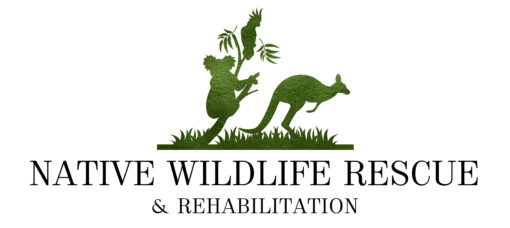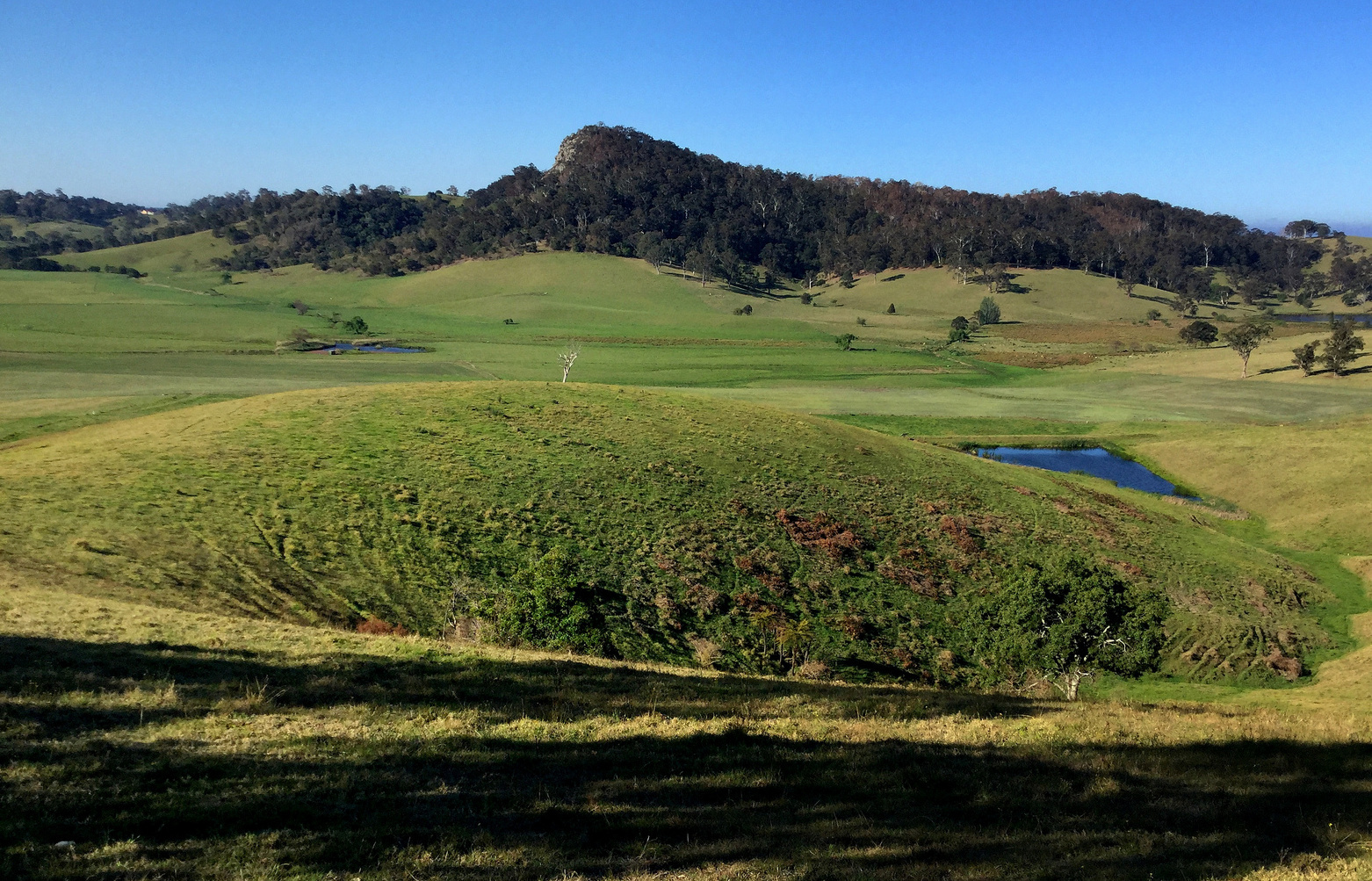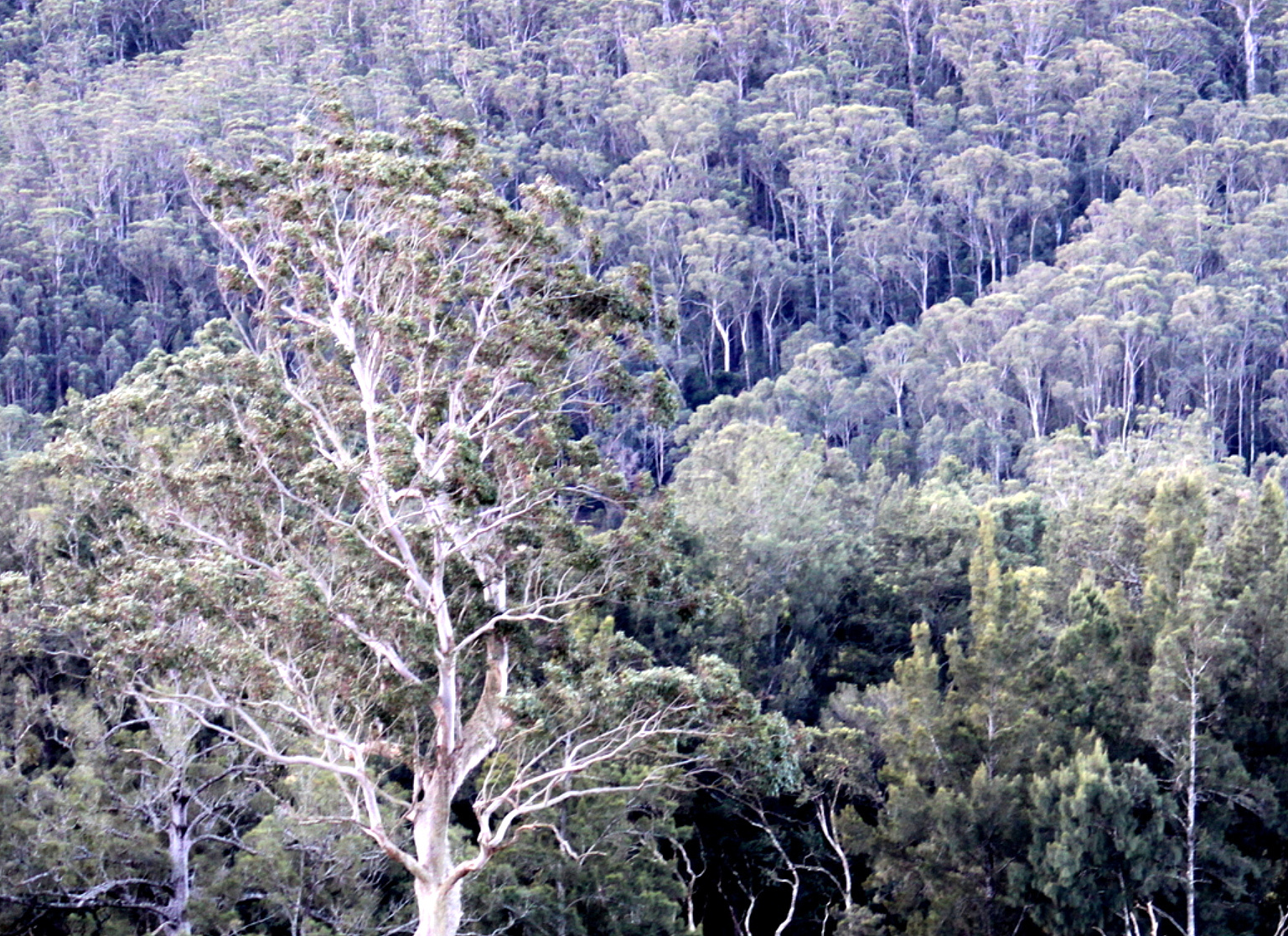ROBERTSON, NSW: July 10, 2020 — Bunnings Warehouse announced this week that its nationwide stores would cease sourcing and carrying raw materials supplied by VicForests. The decision came after a federal court ruling found that the State Government-owned forestry had breached the environmental laws created to protect the threatened Leadbeater Possum and Greater Glider.
In a landmark decision, Justice Debra Mortimer ruled that VicForests’ harvesting operations at 26 logging coupes failed to comply with the code of practice governed by Regional Forest Agreements [RFAs].
“Bunnings has a zero-tolerance approach to illegally logged timber that dates back two decades, and our commitment is only to source timber products from legal and well-managed forest operations,” said the company’s director of merchandise, Phil Bishop, in a statement this week.
First introduced in 1997 as a statutory bilateral agreement between four state governments and the Commonwealth, RFAs exempt state-run logging businesses from regulatory practices outlined in the Environmental Protection and Biodiversity Conservation [EPBC] Act.
In turn, RFAs call for forestry management to self-regulate their harvesting operations without having to conduct individual environmental impact assessments that private corporations typically require for each logging operation.
“Giving state-run logging companies free rein to bulldoze forests at breakneck speeds is truly disturbing,” says Kirsten Schweth, co-founder of Native Wildlife Rescue. “Every organisation should have accountability measures in place.”
The court ruling, however, drove home the message that state-run forestry operations could be made accountable for legislation breaches irrespective of the loopholes in federal environmental law — the very legislation created to protect and preserve Australia’s threatened species.
The court also found that the 41 coupes proposed in Victoria’s Central Highlands would likely affect more Leadbeater Possums and Greater Gliders’ habitats.
Both marsupials depend on tree hollows in old-growth forests to make their nests, with many inhabiting up to 18-20 individual dens within their home range.
“No one wants anyone to lose jobs or to have Bunnings source materials off-shore, but VicForests is only part of the story,” adds Kerstin. “The real issue is the systemic failure of our environmental legislation, including the lack of proper management of logging operations and the failure of the government agencies that should enforce accountable practices at a state level. That is what we need to address as a nation.”
The Greater Glider is only one of seven species of gliders found along the east coast of Australia. In 2016, the marsupial was listed in Victoria as ‘vulnerable for extinction’ under the EPBC Act.
Calls, however, to the Federal Environmental Minister’s office by Environmental Justice Australia to dissolve or independently regulate the controversial RFAs have been continuously rejected.
In response to the court ruling, VicForests said it would file an appeal.
###
Destruction of Habitats |
The demand for lumber is housing and Australia’s 5.9 billion timber export industry, of which China accounts for 70 per cent of all native Australian timber and woodchip exports. However, eucalyptus dominates approximately 75 per cent of the total native forests pegged for logging — trees that are vital for the conservation and future evolution of Australia’s rich biodiversity.
Slated for logging in the native forest of Victoria are more than 840,000 hectares, and over 70 per cent of the terrain is prime habitat for several threatened and endangered species. In 2013, ABC’s 7.30 Report highlighted the pending crisis pushing wildlife closer to extinction.
Almost a decade later, very little has changed.
Across the border, the state-run NSW Forestry Corporation manages approximately 2 million hectares of commercial pine plantations and native forests, including 3,500 hectares in the Southern Highlands and the vast hinterland near Port Stephens on the North Coast.
The Royal Commission into National Natural Disaster Arrangements heard that the Black Summer mega-fires destroyed over 18 million hectares. The area included 5.3 million hectares in NSW — more than 890,000 hectares of native state forests along the NSW Coast and Tablelands and 2.7 million hectares in the state’s national parks and forests.
Yet, state logging operations have only intensified in the aftermath, with the government escalating 15 top-tiered industry projects. The native bushland proposed for the state government’s Great Koala National Park [GKNP] in the Bellingen Shire is one of the harvesting operations slated in NSW’s bushfire-affected forests.
The Nature Conservation Council of NSW, representing 150 environmental groups across the state, has now called on Bunnings not to source additional supplies from the Forestry Corporation of NSW.
Notes and References to Readers |
1: It is essential to understand the framework of the Environment Protection and Biodiversity Conservation Act 1999 [EPBC Act].
Why is the EPA Act ineffective?
RFA.s are awarded statutory effect under the [a] Commonwealth Regional Forest Agreements Act 2002 [RFA Act]. RFA practices undergo reviews every five years. And that is the reason why we must learn and argue the legislation and call for immediate change.
1. The RFA process enables all forestry activities to be undertaken in a region without an environmental impact assessment for every individual action. Thus, FCNSW contractors are exempt from seeking environmental approval under [b] Part 3 of the Act — which sets the framework for unaccountable practices.
References | Important Reading:
2. [a] EPA NSW has listed its bushfire-affected forestry operations. [b] Please view Coastal Integrated Forestry Operation Approval (IFOA), which impacts the South and North Coast regions.
References | Important Reading:
[a] https://www.legislation.gov.au/Details/C2005C00338
[b]https://www.aph.gov.au/parliamentary_business/committees/senate/environment_and_communications/completed_inquiries/2008-10/epbcact/finalreport/c01
Please view this link for Southern N.S.W.
3. [a] EPA NSW has listed its bushfire-affected forestry operations. [b] Please also view Coastal Integrated Forestry Operation Approval (IFOA), which impacts the South and North Coast regions.
References | Important Reading:
[a] https://www.epa.nsw.gov.au/your-environment/native-forestry/bushfire-affected-forestry-operations
[b] https://www.epa.nsw.gov.au/your-environment/native-forestry/bushfire-affected-forestry-operations
4. Environmental Justice Australia has called on the government to create an independent National Environment Commission to ensure transparency and accountability under the EPBC Act.
Former ACCC chair Professor Graeme Samuel AC also released his report on destroying Australia’s biodiversity [a] and called for immediate reform of the EPBC Act.
The Morrison government rejected the request for the appointment of an independent regulator.
Reference| Important Reading:
[a]https://epbcactreview.environment.gov.au/news/media-statement-professor-graeme-samuel-ac-releases-interim-report
5. Private plantation owners are also fast-tracking clearing with little regard for wildlife, habitat loss or the EPBC Act [refer to the koala massacre in Portland, Victoria].
In response, Premier Daniel Andrews stated that The Department of Environment, Land, Water and Planning [DELWP] and the Conservation Regulator would investigate the slaughter.
“If these deaths are found to be deliberate, we expect swift action against those responsible. No excuses,” the Premier said in his February 3, 2020, Twitter post.
Please view below an [a] ABC 7.30 Report on koalas living in harvested forests in Victoria. Also, read [b] Parliament’s report on Australia’s dwindling koala population.
As with state-run forestry, private plantations are self-regulated.
**** Update on Massacre: The owner of the former plantation and two contractors were charged with over 250 animal cruelty acts. See point [c].
References:
[a] https://www.abc.net.au/7.30/koalas-cry-at-timbers-threat/4836450
[b]https://www.aph.gov.au/Parliamentary_Business/Committees/Senate/Environment_and_Communications/Completed_inquiries/2010-13/koalas/report/c02
[c] https://www.abc.net.au/news/2021-12-22/charges-laid-over-cape-bridgewater-koala-deaths/100718840
6. The Leadbeater Possum was featured in 1996 on an Australian 5-cent stamp and was commissioned for reprint in 2009 by the World Wildlife Fund [ now World Wide Fund For Nature Australia]. The Greater Glider also featured on an unfranked and rare 41-cent stamp in 1990.
We celebrate them on commemorative stamps, yet our environmental laws fail to protect them in the wild.
7. Native Wildlife Rescue sincerely thanks the community group, Friends of Leadbeater’s Possum [FLBP], Environmental Justice Australia, who represented the group in the Federal Court, Nature Conservation Council of NSW, Wilderness Society, One Tree Planted and other environmental groups for their tireless work in the sustainable management and accountability of our native forests and wildlife.
** Update: As of October 2022: Tanya Plibersek is the Federal Minister for the Environment and Water.


